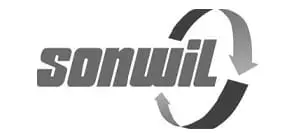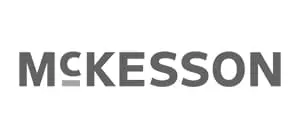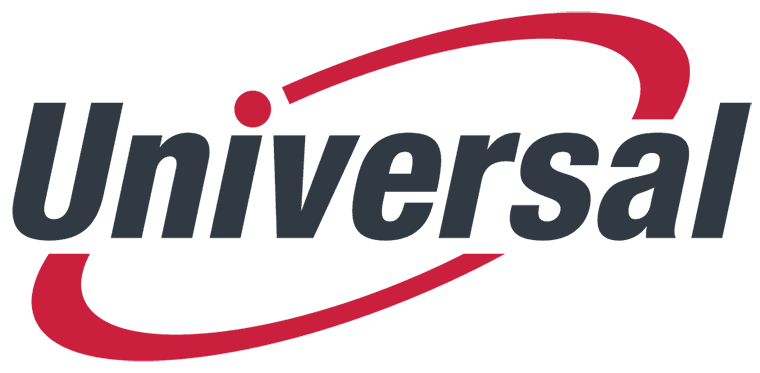Industries
Logistics and Distribution
Buffalo Niagara is Ideal for Logistics and Distribution
Buffalo Niagara is a fully operational, integrated center for transshipment, storage, collection, and distribution of goods. We have been a logistics and distribution powerhouse since the 1800s, when the Erie Canal opened. Today, it’s our expertise in those areas—along with our strategic location, intermodal infrastructure, easy access to interstate railroads, seven international ports of entry, and a robust network of trucking and freight forwarders—that continues to set us apart.
Contact us!
how we help
Invest Buffalo Niagara Can Assist with your Growth, Free of Charge
With rich assets and a strong advanced manufacturing base, Buffalo Niagara’s technologically advanced infrastructure and extensive capacity make the region well equipped to meet the demands of today’s marketplace. Explore our resources, then contact us to assist with your project. Our economic development professionals can provide site location assistance, labor market and demographics analysis, market research, facilitate state and local incentive applications, and much more –- all confidentially.




Why Buffalo Niagara?
Companies are Choosing Buffalo Niagara
Logistics and distribution companies from across the country choose Buffalo Niagara because of its unique regional advantages..
Sources: US Census Bureau and Statistics Canada (population), Lightcast (establishments and employment), US Department of Transportation (trade and freight data)
Strategic Location
Our region boasts seven international points of entry over road, rail, and water. Buffalo Niagara makes it easier than ever for you to get product into the hands of buyers, thanks to extensive multi-modal transportation networks.
Soft Infrastructure Assets
Your company will have access to more than 40 licensed customs brokers—the most of any one region. In addition to our region’s customs brokerage expertise, we’re rich in 3PL warehousing services, CanAm and international legal and financial assistance, logistics and distribution workforce development programs, and other education and training opportunities.
Bi-national Gateway
Buffalo Niagara facilitate $83 billion in annual trade between the U.S. and Canada—a full 15% of all trade between the two countries. Buffalo Niagara is adjacent to the Golden Horseshoe, Canada’s most densely populated and industrialized region, which encompasses 9.3 million people.
Resource Guide
Download the Buffalo Niagara Logistics and Distribution Brochure
Learn more about Buffalo Niagara’s logistics and distribution assets and our multi-modal transportation network. Then contact Invest Buffalo Niagara. We are well equipped to assist in your business expansion project. In the meantime view tips and our planning form to get started.
Wins & Success Stories
See Buffalo Niagara Success Stories
Success Story

John Bead
Founded in 1953, John Bead is now under direction by its third-generation owner. Headquartered in Toronto, the company assembles specialty bead and craft kits sold wholesale to large retailers, DIY jewelry makers via a retail outlet, and everyone in between. The company had long considered a U.S. expansion to capture further market growth and avoid logistic delays. John Bead’s leadership team wanted a U.S. location in close proximity to its Toronto headquarters, as well as a strong workforce that would allow its family-oriented values to permeate through the new operation.
Incentives: Empire State Development Excelsior Jobs Tax Credits
Success Story
Prompt Logistics / Bronco Distribution
Prompt Logistics is a Canadian-headquartered family logistics business with additional operations in New Jersey, focused on freight brokerage and logistics services. The company employs between 15 and 20 employees between those locations. In 2017 Prompt Logistics began to explore the opportunity to establish a third-party warehouse operation in the U.S. in addition to its New Jersey operations. Buffalo Niagara was very appealing for this operation because of its location near the U.S.-Canadian border, as this third-party warehouse would ideally offer brokerage services as well.
Success Story

Universal Logistics
Universal Logistics is a third generation, family-owned business established in 1949 with 87 employees and five locations across Canada. Over these 70-plus years, Universal have grown and prospered by delivering innovative logistics solutions while still maintaining a family value approach to caring for their clients. Universal’s complete package of logistics services includes international freight, North American trucking, U.S. and Canadian customs brokerage and warehousing/distribution.
In 2009, Universal’s U.S. sales represented only 3-4% of the company’s overall sales, and they worked through a U.S. partner to provide their U.S. brokerage services. However, it was identified that a significant value-added client need would be met by establishing their own U.S. customs brokerage presence. A U.S. office would enable clients with product imports or exports, either to or from the U.S., to receive a single and trusted source for their U.S. customs brokerage, trucking, and distribution requirements. The solution was to take advantage of one of the two options available at the time: a ground level, start-up operation or an acquisition of a U.S. company. In a stroke of good luck and perfect timing, their existing U.S. partner in Buffalo proposed to sell their company and this created the optimum opportunity to make a fast track, strategic acquisition of an established U.S. customs broker.
Success Story

Magic White Inc.
Magic White Inc. is a provider of commercial dish washing chemicals and equipment, primarily to the restaurant industry. The company has services including leasing dish washing equipment, supplying chemicals and servicing equipment in a very timely manner. Magic White has had a strong track record of success in Canada operating out of the Greater Toronto Area for over 40 years.
Get started and discover why Buffalo Niagara is the right choice.



